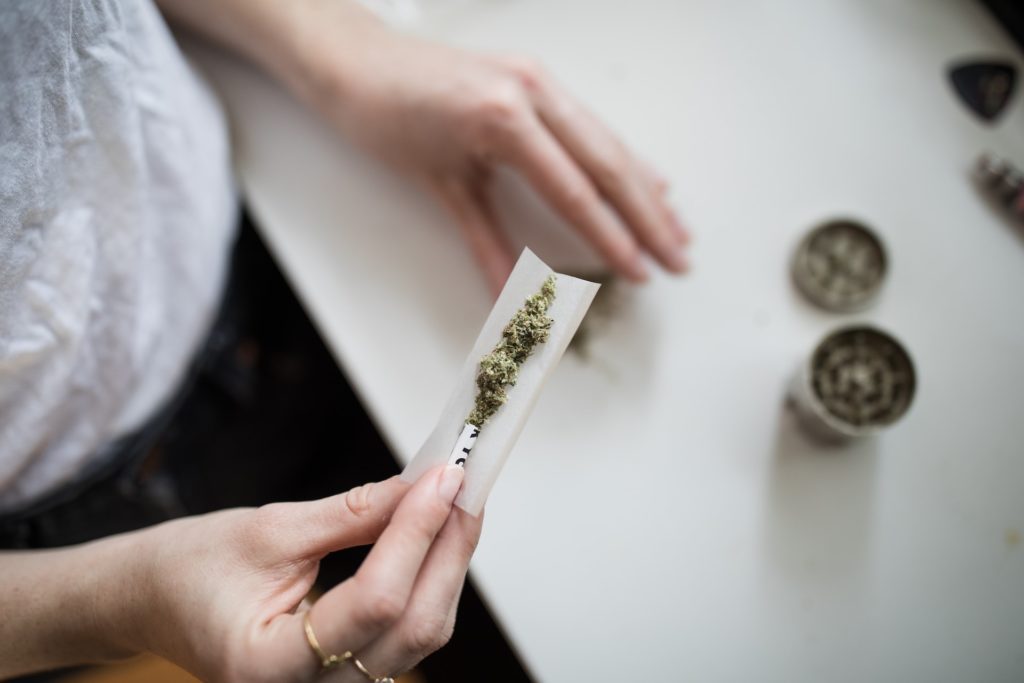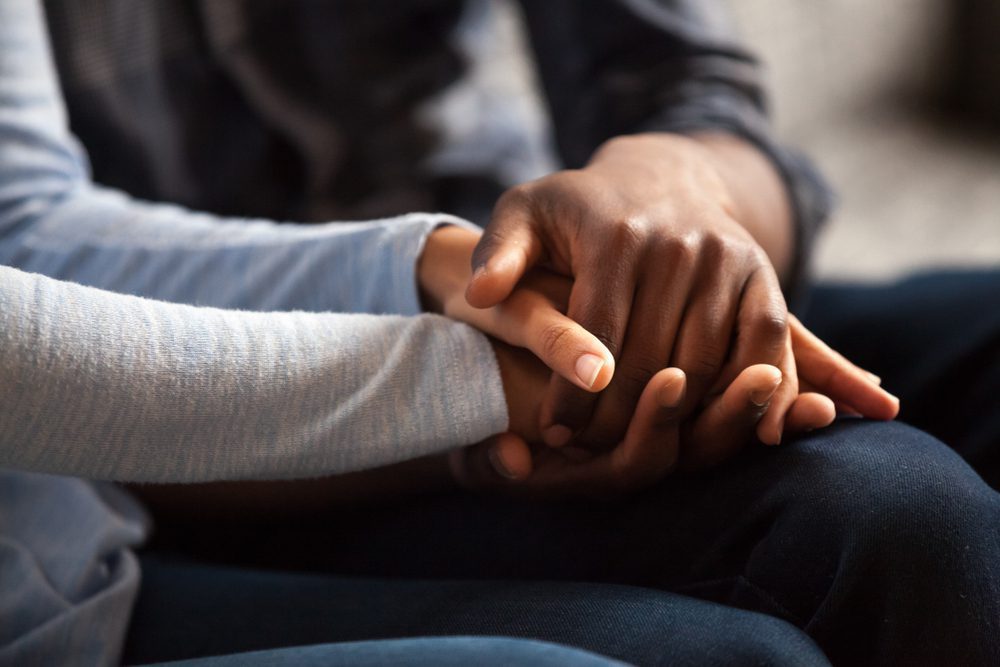Every relationship will undoubtedly have its share of difficulties. If both parties put in a little work and communication, you may resolve issues in a relationship.
However, navigating romantic relationships can get tricky when your partner use of cannabis does not align with your personal needs.
So, here are the best ways to approach romantic relationships with one of you using medical marijuana.

How to Establish Healthy Boundaries Around Medical Marijuana Use
It can be difficult, however, to figure out how to live in harmony with a partner who abstains from cannabis. Still, there are practical steps to take to make sure both of you are at ease and stay within each other’s boundaries with medical marijuana use.
Communication: Do's and Don'ts
So how can couples navigate the use of medical marijuana in their relationship? Here are a few recommendations.
Do's
- Honesty: Relationships are built on trust, and so, even if it isn’t always a pleasant conversation, you always need to be honest with your partner about your medical marijuana use. After all, you expect them to be honest about every aspect of their life, so why would their expectation of you be any different?
- Communicate: Communication is key in every relationship aspect, especially regarding medical marijuana. Even if your partner does not agree or want to partake, they need to know what you do to manage your symptoms. If something happens and you end up in a medical emergency, your partner needs to know the details of your pain management regime.
- Compromise: Relationships are all about give and take. While you shouldn’t compromise the dosage of medical marijuana you need for relief, there are aspects of your use that you can compromise:
- Use it when your partner isn’t home so they don’t see you high
- Switch to edibles or vaping if your partner doesn’t like you smoking it
- Don’t do anything to make your partner feel guilty for not wanting or needing medical marijuana
- Be Open to Your Partner’s Point of View: Just because medical marijuana is a big part of your life does not mean your partner is interested in having it be any part of their life. If they don’t want or need it or can’t have it, you need to understand their reasons and accept them.
Don'ts
- Pressure Your Partner to Use: If your partner does not want anything to do with cannabis, you must respect that as a hard boundary that cannot be compromised or pushed.
- Use it Behind Your Partner’s Back: If you do this, you instantly destroy the trust you need in a relationship.
- Make Your Partner Feel Guilty: Don’t do anything to make your partner feel bad or guilty about their decision not to partake. Just like you decide to use medical marijuana, it is their decision not to.

How to Support Your Partner's Medical Marijuana Use While Respecting Your Own Boundaries
One worry for a person who is close to a medical marijuana user is that things can turn into a source of confusion, negativity, emotional turmoil, and even hostility. These doubts can potentially end a relationship by destroying trust and weakening the relationship between partners.
Healthy boundaries make it easier for you to comprehend and respect your preferences and viewpoints. Setting and respecting boundaries provide you the freedom to live your life without being burdened by the needs, wants, or opinions of others.
Supporting Over Enabling
When one partner allows the other to continue medical marijuana use without doing their part, usually without their knowledge, you are likely enabling rather than supporting your partner if you frequently find yourself providing justifications or coming up with theories so they may continue to deny the truth of neglect.
Codependency
A loved one dependent on their partner is said to be codependent. Codependent couples may end up tolerating their partner’s medical marijuana use. Sometimes the intense need to “save” the partner causes the codependent to lose their sense of themselves.
Clear Boundaries
It is important to set limits for yourself and respect those of others. Setting boundaries enables you to prioritize your needs, whether related to relationships, job objectives, or self-care.
Avoid marking your limits with permanent markers. It is beneficial to reflect on them and reevaluate them periodically. Additionally, an excessively self-sacrificing approach to relationships can lead to manipulation or imbalance, so be careful.

In Summary: communicate and respect boundaries
Having a medical marijuana user as a partner can be tricky for someone who does not use it, so it is important to communicate and set clear boundaries. You are not required to treat everyone with the same level of familiarity. You can preserve enough energy to take care of yourself if you have boundaries that allow you to have a varying range based on the circumstance or person.
If you’re consider medical marijuana for any reason, it’s always best to consult a doctor first.
FAQ
How should I approach discussing my medical marijuana use with my partner?
Practice honesty and open communication. Ensure your partner is aware of your medical marijuana use, providing them with necessary details about your pain management regime.
What if my partner disagrees with or disapproves of my medical marijuana use?
Be open to your partner's point of view and engage in a conversation to understand their concerns. Compromise on aspects such as usage timing or method to find common ground.
